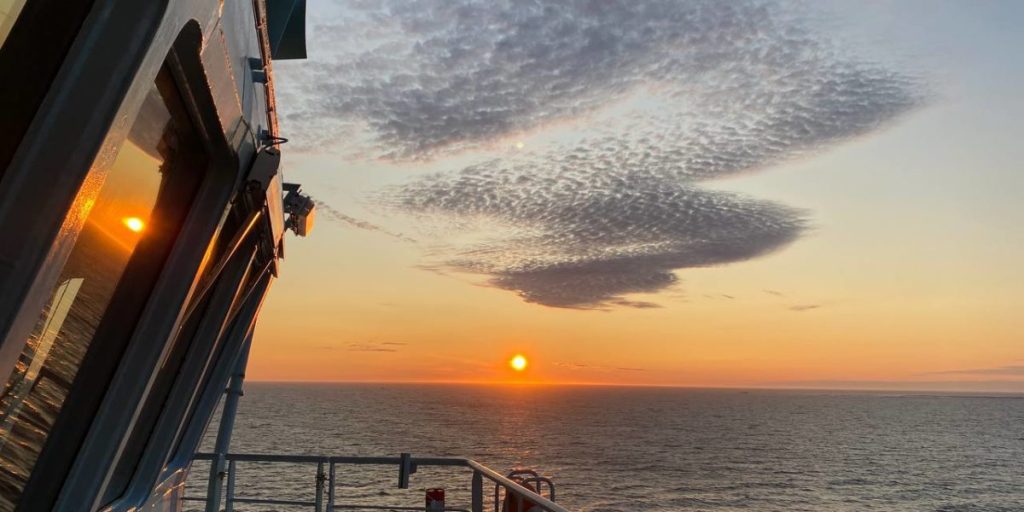Shipping plays an essential role in the development of the economy of any country and its living standards. Due to the growing need for reliable supply chains, additional routes are becoming more valuable. In this sense, the Northern Sea Route may be a significant element of the new sustainable international logistics. The course may reduce not only the distance and travel time but also fuel consumption and the carbon footprint of marine transport.
Recently Atomflot (а part of Rosatom group), and TK Nord Project, a company specialising in sea cargo transportation along the Northern Sea Route, signed a contract to engage a vessel to provide the second subsidised coastal voyage this year.
‘The second voyage will take place during the summer-autumn navigation period from August to October, which is favourable for shipping,’ Atomflot Director General Leonid Irlitsa said. ‘We have slightly changed the logistics of the voyage to maximise the delivery of goods to remote areas of the country with limited delivery times’.
Now the formation of the cargo base of the second subsidised short sea voyage continues. On 14 August, loading operations will start in the port of Arkhangelsk. They will last five days, after which the vessel will leave in the direction of Pevek.
The nuclear-powered container ship Sevmorput completed the programme of the year’s first subsidised short sea voyage. The vessel arrived in the port of Murmansk on 13 August.
More and more countries are expressing interest in the NSR, and the UAE is no exception. In 2021 Dubai’s DP World, a global leader in logistics, signed an agreement with Rosatom to co-develop and operate cargo services along the Asia-Europe route. In June 2023, the SPIEF UAE transport companies expressed interest in using the Northern Sea Route. The NSR was highlighted as one of the essential transport arteries linking the vast Arctic space with eight countries and providing an opportunity to shorten the route to other countries significantly.




